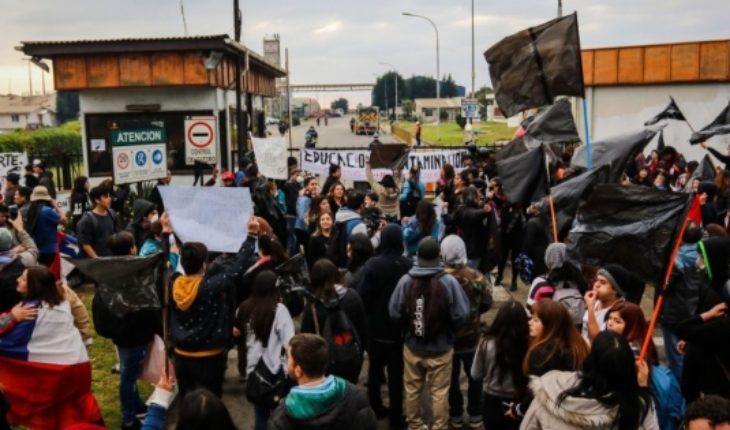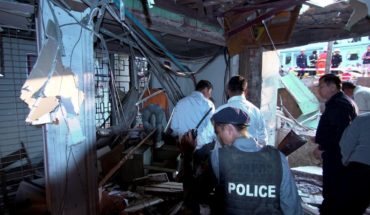in times of destructive expansion of capitalism and its pr productive ocesos, nowadays the extractive model generating serious damage to communities of our country, deepening it is necessary to ask ourselves what is the role of the / workers in social and environmental struggles?
We have seen how different communities are affected by predation at all costs of capital, creating havoc in the territories where these productive projects are developed. Examples such as Tocopilla, Calama, Freirina, Colonel, Quintero-Puchuncavi, to name just a few, show us the dramatic situation that live the same sectors as always, simple people, the ordinary people, the workers of this country. These conflicts are evidence of the clash between the predatory capitalism and communities, in an asymmetric fight where the less powerful sectors have been referred to as sadly as sacrifice areas.
By the way these consequences that directly affect to the / as workers, we are paradoxically those who develop these processes and those who work under precarious or outsourced contracts. For us / as there are no guarantees or rights, both in regard to decent work and to live in a pollution-free environment, something that even the Constitution made in dictatorship established.
This confrontation does not yet have effective solutions, even conflicts are triggered and deepened, and apparently, we continue witnessing crises and environmental emergencies in territories with large corporations, but with impoverished population. It is no longer possible – as 50 years ago to consider the trade-off between employment or environmental protection, between further development or worrying about the environment, since we have seen that the installation of industrial or extractive companies impact not necessarily in the generation of employment or in improving the quality of life of those territories. According to COCHILCO, mining company – reports one of the primary responsibility of socio-environmental conflicts represents only 2.59% of total employment at the national level. Meanwhile, industrial laces or extractive activities, neighboring communities have high levels of poverty and unemployment: 11.1% Tocopilla, Calama 5%, 13.8% Freirina, Colonel 14.5%, Quintero and Puchuncaví 15%.
Then where is the wealth extracted from these territories and their workers? The reflection is complex, we know that not enough demand the closure of industries, but with design strategic and democratic paths of development for each territory, with binding participation of those who inhabit them. In this design the role of the / workers is crucial.
The debate today is therefore on the role that we must play the / workers organized, would let be hand slave that produces profit for that capital or make him front for, together with communities and social organizations, generate a a proposal that a new model of development projects? Do we have an impact on the construction of a new State which guarantees the protection of majorities, not as today, where crises have shown that we have institutions subordinated to the capital and multinational corporations?
The reflection that we do within the Union instrument in construction, is how we are part of these problems, stop opposing the defense of life and health to obtain jobs. We can not fight for jobs at any cost. It is no longer enough to rest in that others will give those battles, as if not affect us directly. Mainly, environmental struggles are struggles for the right to a decent life, and that is incumbent upon us all / us / as and our families.
We must reflect the need of building trade unions playing a political role, with a look of country which allows projecting this possible horizon. This requires overcoming the current situation of stagnation. We need a new unionism who knows how to deal with and respond to the needs and emergencies affecting working people, a unionism based on unity and democracy today.
Not enough with which to run policies of mitigation and compensation for the damage caused. For us opens an opportunity to find new relations of production that not only generate but also redistribute fairly the richness of our country. Workers need to be guarantors of that process, so that local communities by national wealth is not sacrificed.
Poured in this op-ed content is the sole responsibility of the author and do not necessarily reflect the editorial line nor the counter position.





